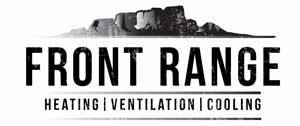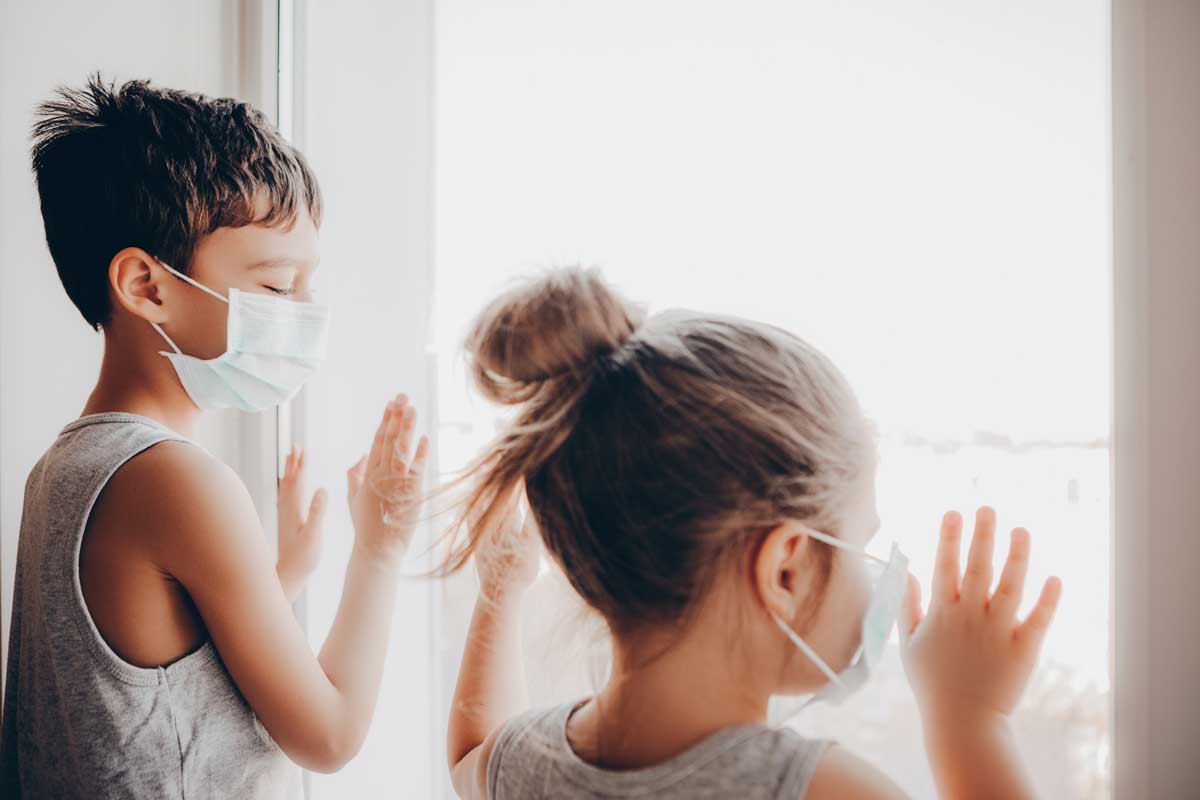

The novel coronavirus outbreak (COVID-19) has created a tremendous amount of stress as people struggle to look for ways to reduce their risk of infection. When people leave the house, more and more are wearing masks to help filter out potentially infectious particles. But what about the air in their homes?
Unfortunately, it’s possible to inadvertently bring viral particles into your home on your clothing, skin and hair. If these particles become airborne, they could migrate through the air to other parts of the home. What’s more, current research indicates that people can transmit the virus even if they are symptom-free. This means a friend or family member could be infected unknowingly and spread virus particles just by breathing or talking, according to experts.
So how do you keep viral particles from proliferating inside your home? One way is to clean common surfaces daily using CDC-approved coronavirus-killing substances. Another way is to focus on the air, itself. 
According to a recently reaffirmed position document from ASHRAE, the three proven methods for controlling airborne infection include particle ventilation, UV and filtration.
Experts agree that any filtration method that removes particles from indoor air has some potential to minimize exposure to the novel coronavirus. That said, although filters are an effective way to trap particulates and sub-micron airborne contaminants, the filter must be especially dense to capture contaminants with very small diameters.
Unfortunately, like many viruses, the novel coronavirus is extremely small, measuring from 0.06 to 0.14 microns in size. According to Jeremy Adams, owner of Front Range HVAC in Castle Rock, Colorado, while ordinary HVAC filters can typically trap the majority of indoor pollutants; they won’t typically have filters that are dense enough to catch microscopic coronavirus particles.
“It’s important to remember that air purification is not the same as air filtration,” said Adams. “Air purification systems sort of pick up where ordinary air filtration systems leave off. The majority of air filtration systems are only designed to trap airborne particles down to a certain size. For the cleanest air possible, a high-quality air purification system is needed.”
Similar to HVAC air filters, air purification systems force indoor air through a series of very dense HEPA materials to filter out harmful elements in the air. Since air purifiers are able to remove smaller particles, however, the net result is cleaner air.
Air purifiers function so meticulously, they typically can’t manage the same volume of air compared to an HVAC unit. So, air purifiers are often used in conjunction with high-quality air filters to provide the best overall possible solution.
The American Society of Heating, Refrigerating and Air-Conditioning Engineers (ASHRAE) has released resources for combating the 2020 outbreak. They cover current guidelines for indoor air quality in healthcare facilities, residential buildings, and more. The Centers for Disease Control and Prevention has also recommended that healthcare settings filter air through a high-efficiency particulate air (HEPA) filters before recirculation to prevent the spread of coronavirus particles. Many hospitals have already begun putting ASHRAE and CDC protocols in place using HEPA purification to protect patients.
Still, although they can significantly reduce the amount of potentially harmful particles in the air, even the best filters can’t reduce the risk of infection to zero.
“Because the novel coronavirus is extremely small, no filter is going to be 100% effective,” said Adams. “Still, the better your home filtration and purification capabilities, the lower your risk. There’s a big difference between 50% of airborne particles being trapped and 97%. Some people are comfortable with either number. Some prefer to increase their peace of mind by maximizing the filtration and purification capabilities in their homes.”
Whether you have an ordinary HVAC system of a high-performing purification device, it’s important to make sure your systems are running efficiently.
“The number of harmful particles in your home is directly related to the condition of your system and its filters,” said Adams. “Now is a good time to have your system inspected to check for potential problems. It’s also very important to consistently change filters, which become much less effective as they get clogged with particles.”
About Front Range HVAC
Family owned and operated in Castle Rock, Colorado, Front Range HVAC serves commercial and residential customers in and around the South Metro Denver area, including Castle Rock, Parker, Elizabeth, Littleton, Highlands Ranch, Centennial, and surrounding areas.
Whether you need simple furnace repair, duct cleaning, or are looking for expert advice on advanced filtration and HVAC systems, you can trust the team at Front Range HVAC.